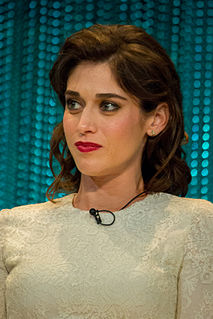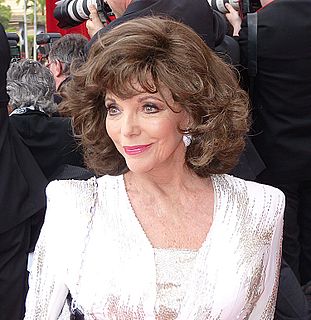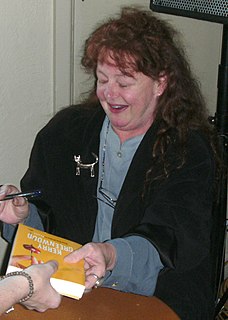A Quote by Iris Apfel
Throughout history, clothes represented who you were; they are a great vehicle for explaining who you are. During the Ching dynasty, for example, what you wore and how it was made reflected your status in society. People could literally read your clothes like a book, just by its color and how it was embroidered.
Related Quotes
There was a time when formal clothes were one of life's great pleasures, as well as a way of describing instantly a man's status wealth. Toffs wore the most, the proles the least. Fast forward to 2008 and clothes are still an unrivalled pleasure but some men - and this includes many of our betters - have confused status with fake informality.
An Islamic writer recalls her joy in the clothes she wore as a young girl at a wedding: They were always in beautiful bright colors: crimson, pink, turquoise, purple, and embroidered with sparkling crystals, sequins and beads. ... The older girls and women would wear glamorous heavily-beaded silk blouses and long, princess-like skirts. I wanted to wear those fairy-tale clothes too. I longed even more to wear a sari which the women wore so elegantly and which flattered their curves.
[from The One and Only Official Mr. Gum Official Glossary That Tells You What Words Mean by Explaining Them Using Other Words] : Launderette: This is where you go to wash your clothes. You put the money into the slot and then you chuck your clothes into the washing machine and about six hours and twenty-five dollars later all your clothes have shrunk and turned pink. Fantastic value
If you think too much about nudity, it can be anxiety-provoking because it lives on the internet forever. I've only taken my clothes off on that one other show, and yet, if you were to Google Image me, it would seem like I do this all the time. As an actress - and as an actor, too, but it's worse for actresses - you constantly get picked apart for how you look. Obviously, being picked apart with your clothes on is slightly less terrifying than when your clothes are off.
It's like the smell of burned toast. You made the toast. You looked forward to it. You even enjoyed making it, but it burned. What were you doing? Was it your fault? It doesn't matter anymore. You open the window, but only the very top layer of the smell goes away. The rest remains around you. It's the walls. You leave the room, but it's on your clothes. You change your clothes, but it's in your hair. It's on the thin skin on the tops of your hand. And in the morning, it's still there.


































